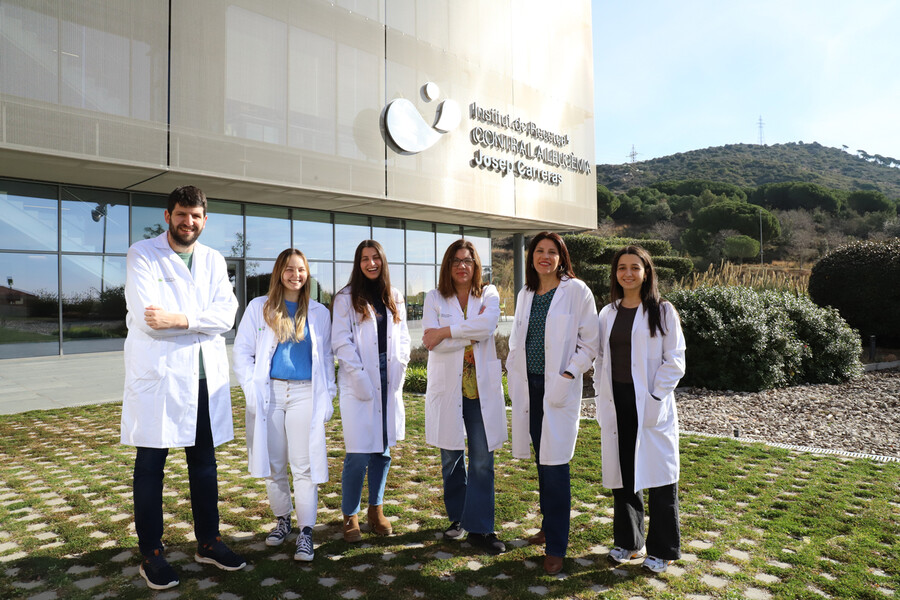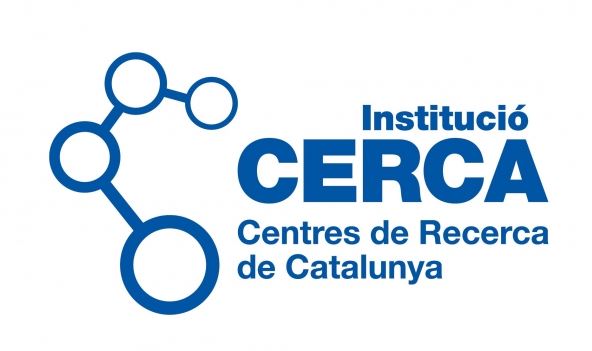
Introduction
B-cell lymphopoiesis is a complex developmental process that involves several cellular transitions, including cell commitment and early and late cellular differentiation. Proper transcriptional control at each cellular transition is essential for the correct development of B lymphocytes. How specific gene expression programmes are selected and maintained, thus resulting in the proper generation of B cells, remains a fundamental question in biology. Conversely, how the aberrant establishment of cell- and lineage-specific gene transcriptional programmes leads to the development of B-cell malignancies such as leukaemia and lymphoma also requires extensive research.
Our Research
Our current research focuses on four main lines:
Understanding the entire role of HDAC7 in early and terminal B-cell development. HDAC7 is an epigenetic modulator that represses functional or lineage-inappropriate gene expression in B lymphocytes
Establishing HDAC7 as a novel biomarker and potential therapeutic target in pro-B acute lymphoblastic leukaemia (pro-B-ALL) and diffuse large B-cell lymphoma (DLBCL). We found that the deregulation of HDAC7 may be involved in the pathogenesis of acute lymphoblastic leukaemia.
Working towards precision medicine against DLBCL heterogeneity using organoid culture systems. We are investigating additional epigenetic regulators in normal and aberrant B-cell generation and implementing 3D organoid cultures from DLBCL sample patients.
Improving immunotherapy combinatorial therapy in DLBCL. R-CHOP is the gold standard treatment for DLBCL patients. R-CHOP therapy combines anti-CD20 antibody (immunotherapy) with cyclophosphamide, doxorubicin, vincristine and chemotherapy
Our Goals
Acute lymphoblastic leukaemia (ALL) is the most common type of cancer in children under a year old. Even though the chances of survival in infants suffering from ALL have improved significantly in recent years, an exhaustive study of the mechanisms underlying this disease is still required to make further therapeutic advances. Therefore, our group focus on:
To understand how gene silencing is established during normal and aberrant B-cell differentiation.
To transfer our basic knowledge in the epigenetics and transcriptional control of B-cell development to the clinical setting for infant B-ALL and DLBCL patients.
To identify small molecules aimed at HDAC7 targeted modulation for combinatorial and precision medicine in infant pro-B-ALL with MLL-AF4 rearrangement.
To identify novel targets for the design of next-generation immunotherapies in DLBCL.
- To implement a 3D organoid platform for DLBCL patient samples to perform compound library screenings aimed at unveiling new drugs for use in combinatorial therapy with current immunotherapy in a personalized manner.
Our Challenges
Through our research, we aim to answer the following questions:
How do B lymphocytes decide their identity? How is gene silencing established?
Why does HDAC7 expression improve the prognosis of some haematological diseases?
Why is HDAC7 underexpressed in pro-B-ALLA and DLBCL?
How can we restore HDAC7 expression in pro-B-ALL and DLBCL to impair disease progression?
Can we implement 3D organoids from DLBCL patients aimed at drug screening towards a precision medicine strategy and immunotherapy improvement?
Selected Publications
Current Grants
I-cerca
HDAC7 Proteïna HDCA7 (repressor transcripcional, tipus Acetona Desacetilasa) clau en la maduració de limfòcits B, com a marcador de prognòstic de MLL-AF4

Ministerio de ciencia, innovación y universidades
HDAC7-BLYM Study of the mechanisms of action of the transcriptional repressor HDAC7 in the germinal center: role in B cell lymphomas
Instituto de salud carlos iii
¿Es posible evitar la evasión inmunitaria en leucemia linfoblástica aguda (pro-B-ALL) de alto riesgo en lactantes? Uso de la medicina de precisión para potenciar la respuesta a inmunoterapia?
Ministerio de ciencia e innovación
Targeting epigenetic regulation in early lymphopoiesis: towards precision medicine in B cell malignancies





